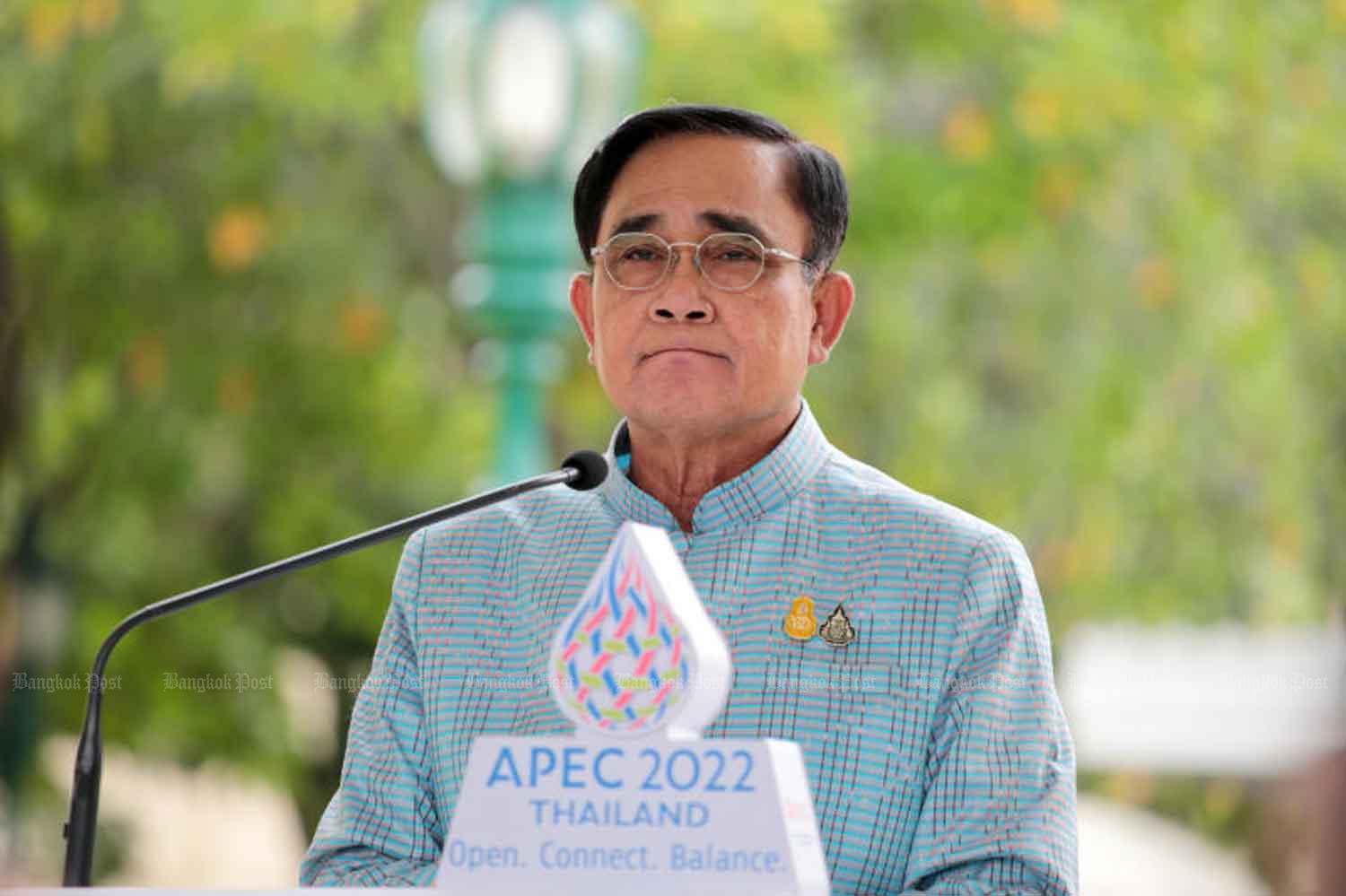
At least 48 billion baht will be spent to subsidise the next round of the state welfare card project for low-income earners as the government has approved additional measures to ease people's living costs amid soaring prices.
Deputy Finance Minister Santi Promphat said on Tuesday the ministry will open a new round of registration for state welfare to low-income earners from Sept 5 to Oct 19.
"The number of low-income earners eligible for state welfare and subsidies is estimated to be around 13 million to 15 million, and a budget of at least 48 billion baht is being earmarked for the scheme," he said.
Mr Santi said the number of participants is expected to rise slightly because the Covid-19 pandemic is easing and the country is now fully open to foreign visitors.
Currently there are 13.34 million state welfare cardholders who receive a monthly payment of 300 baht if their annual income is under 30,000 baht, or 200 baht if their annual income is between 30,000 and 100,000 baht. They can get another 500 baht per month to cover the costs of using public transport.
The Finance Ministry does not decide the number of participants and whether they participate depends on their eligibility, according to Mr Santi.
He said the ministry has revised the eligibility criteria for this round to include family income, which must not exceed 100,000 baht.
Low-income earners can register via the Bank of Agriculture and Agricultural Cooperatives, Government Savings Bank, Krung Thai Bank or provincial financial offices across the country.
In this round, the ministry will connect with more than 40 state agencies, including financial institutions and the Land Department, via an online channel so it can verify registrants' qualifications, he said.
Those whose applications are rejected can appeal and a new round of state welfare for low-income earners is expected to be implemented next February, he said, adding that current cardholders can still use the cards.
Meanwhile, the cabinet has approved a 90% reduction in the annual vehicle tax for taxis, motorcycle taxis and tuk-tuks to help cushion the impact of rising fuel prices.
The cut, which was announced by Prime Minister Prayut Chan-o-cha on Tuesday after the weekly cabinet meeting, is intended to alleviate the economic hardship of the drivers of around 270,000 cabs, tuk-tuk taxis and motorcycle taxis registered in the country.
He said the annual vehicle tax cut will be effective for the next fiscal year which starts on Oct 1 and ends on Sept 30 next year. Under the new rates, taxis and tuk-tuks will pay 68.50 baht and 18.50 in tax, respectively.
The cabinet has also approved an extension of the "EXIM Biz Transformation Loan" to boost the liquidity of small and medium-sized enterprises (SMEs), according to the premier.
Last October the cabinet approved the state-owned Export-Import Bank of Thailand (Exim Bank) extending 5 billion baht in loans to entrepreneurs to upgrade their machinery and improve software.
The scheme, which offers a low-interest rate of 2% per annum in the first two years and with a credit line of up to 100 million baht per entrepreneur, was scheduled to end this July.
Gen Prayut said the cabinet has approved a one-year extension so the loan scheme, which covers entrepreneurs of all sizes including those in new target industries, will end next June.
The cabinet has also allocated 510 million baht to rehabilitate the country's shrimp industry, he said.
The approved budget can be spent to support the shrimp processing sector or subsidise product improvement, to help maintain Thai shrimp exports in the world market, he added.